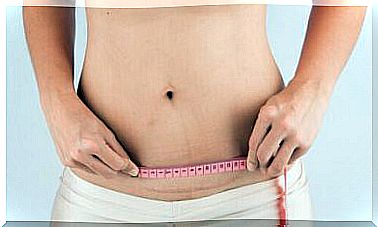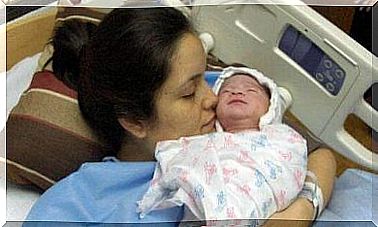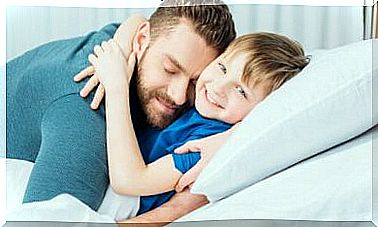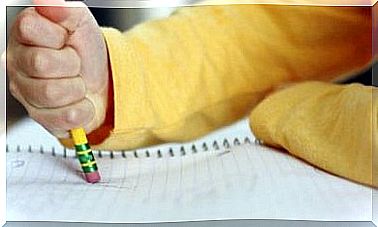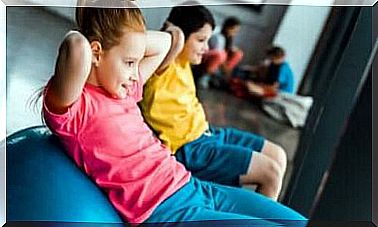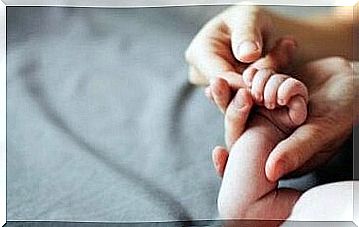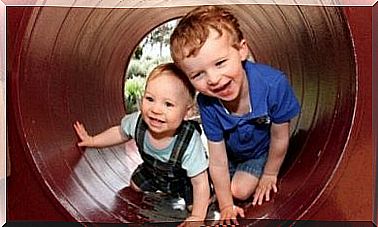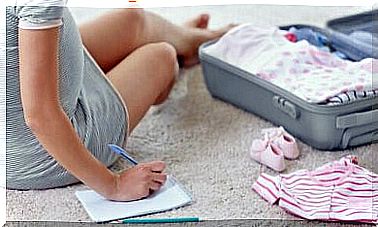The Importance Of Creating Hygiene Habits From Childhood – Being Parents
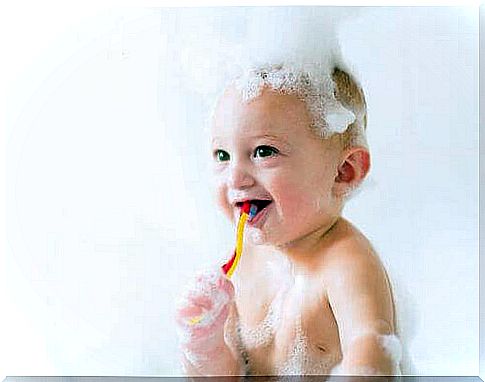
Personal hygiene habits are essential for young and old, because it affects health. It is proven that the small actions that define personal hygiene avoid the inconvenience caused by viruses or bacteria. Therefore, it reduces the chances of getting a disease.
A habit is created over time. For an action to become habitual, it must be repeated very often. So it will be part of the routine. That is why it is essential to stimulate personal hygiene habits in young children. If a little one gets used to taking care of their hygiene, this ritual will last a lifetime.
What is personal hygiene?
Personal hygiene refers to the actions by which a person pays attention to their cleanliness and appearance. The aim is, on the one hand, to avoid illnesses and, on the other hand, to achieve harmonious cohabitation in society.
Taking care of your own hygiene is everyone’s responsibility. For this reason, the home environment is the first place where the child learns hygiene standards.
Through daily practices and a good example, parents should teach young children how to take care of every part of their body.
These moments dedicated to personal hygiene habits must be pleasant, so that the child has fun. Often times, parents invent all kinds of strategies to make them fun.
Schools also contribute to the formation of these habits. In this way, the school system and the family unite in this common cause. In these two contexts of children’s lives, the fact that personal hygiene habits are stimulated encourages them to pay more attention to it.
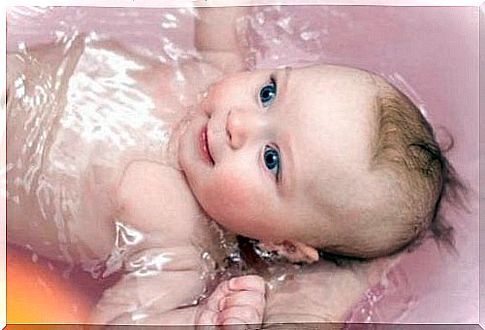
What are the most important personal hygiene habits?
For children to develop personal hygiene habits , they need to be able to think about each part of their body separately. The implementation of daily hygiene rituals will help the child to get used to it.
The basic actions that the young child should perform are:
1. Wash daily
When the child takes a shower, toxins and dirt accumulated during the day are removed. The best time to shower is in the evening, before going to bed.
In addition to washing, bathing or showering helps your little one relax and sleep better. However, it is not advisable to abuse the baths, especially in low temperatures.
Showering is a great time to teach your child how to wash every part of their body. From head to toe, not forgetting ears, armpits and private parts. In addition, it is important to teach him that every time he washes he should finish with proper drying.
2. Brush and wash your hair
The hair gets dirty very easily from environmental dust. Keeping them clean and free from nits or lice is a necessary measure.
Lice are itchy and can cause headaches, discomfort, and irritability. In addition, they prevent children from getting proper rest because the discomfort caused does not stop even if they are asleep.
3. Wash your hands frequently with soap and water.
It is one of the most important personal hygiene habits. This action helps prevent diseases such as tuberculosis, pneumonia, cholera, respiratory and influenza infections.
UNICEF recognizes that more than 50% of illnesses and deaths in young children are caused by germs. These come from feces, transmitted by eating food with dirty hands .
Asking children to wash their hands when they get home, before eating and after using the toilet is a big part of their health.
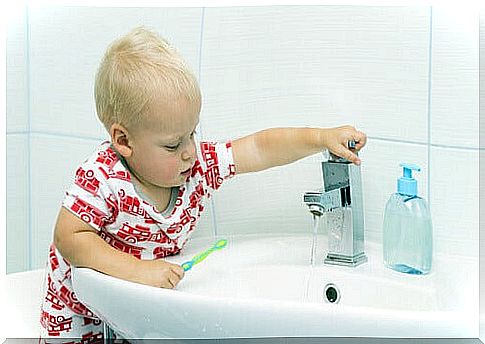
4. In hand washing, nails deserve special treatment
They are often overlooked. Keeping them cut and clean will prevent them from becoming deposits of bacteria and viruses. It is desirable to teach the child how to clean their nails with a soft-bristled brush.
5. Brush your teeth after every meal
It is recommended to brush your teeth after each main meal of the day or, at least, twice a day. This is an essential measure to prevent cavities, bad breath and other dental problems.
During your child’s first years, it is important to help him brush his teeth.
The ideal is for him to know how to do it on his own from the age of 3. In addition, it is helpful to teach the child how to move the toothbrush so that they are all clean.
Working with children to incorporate these basic personal hygiene habits will help them enjoy good health.
